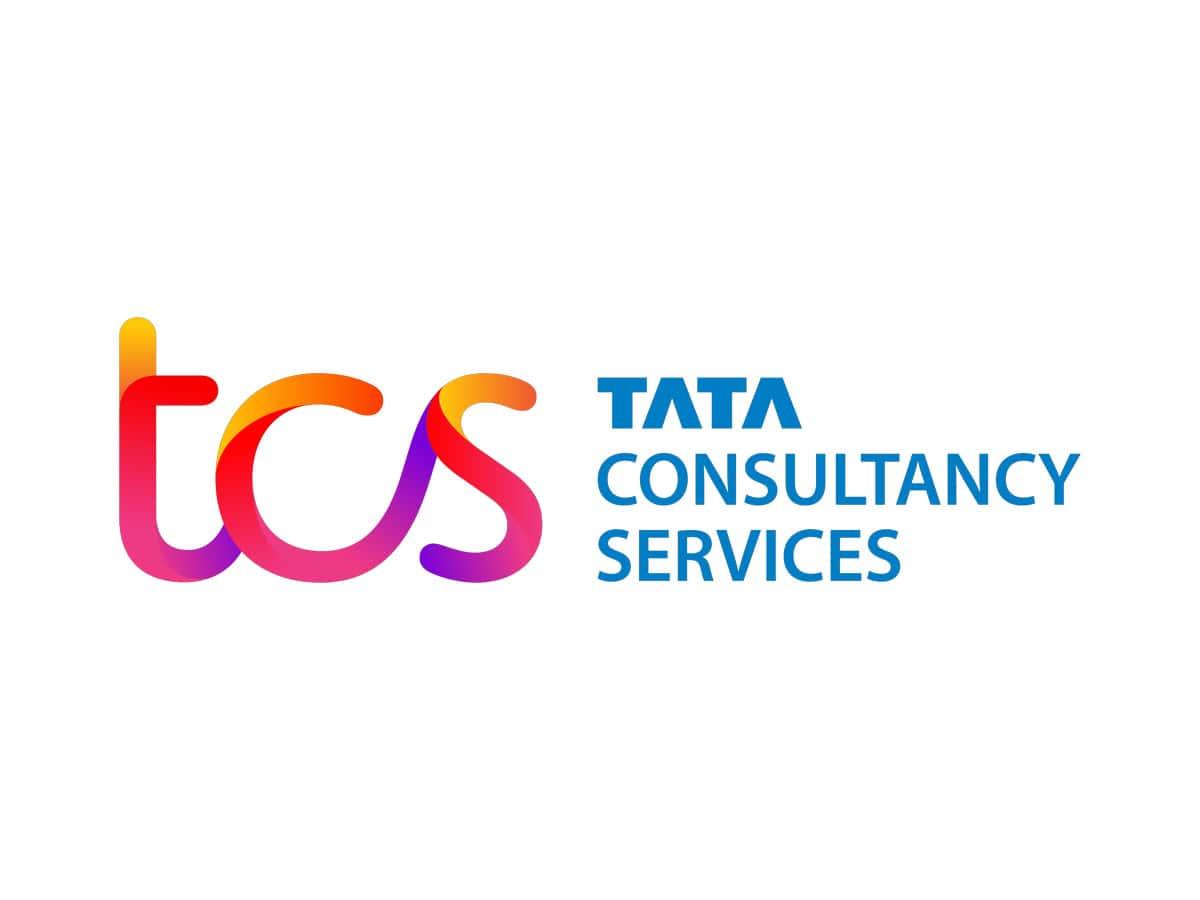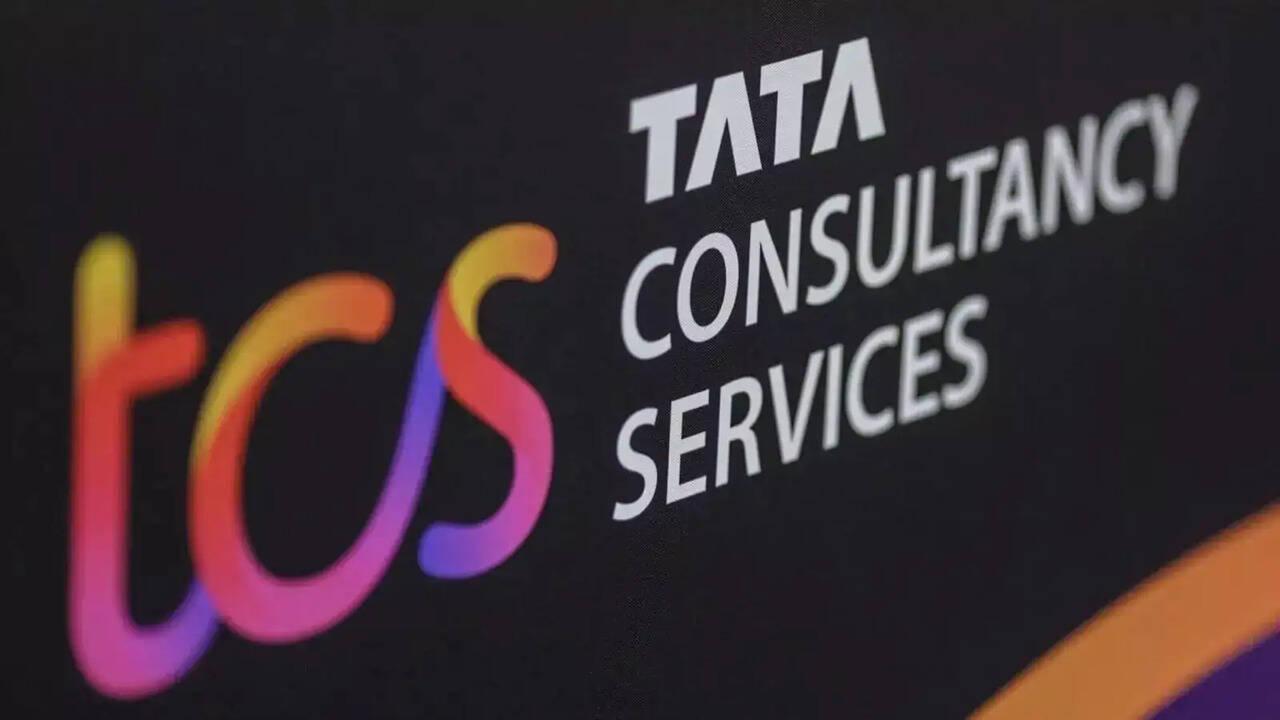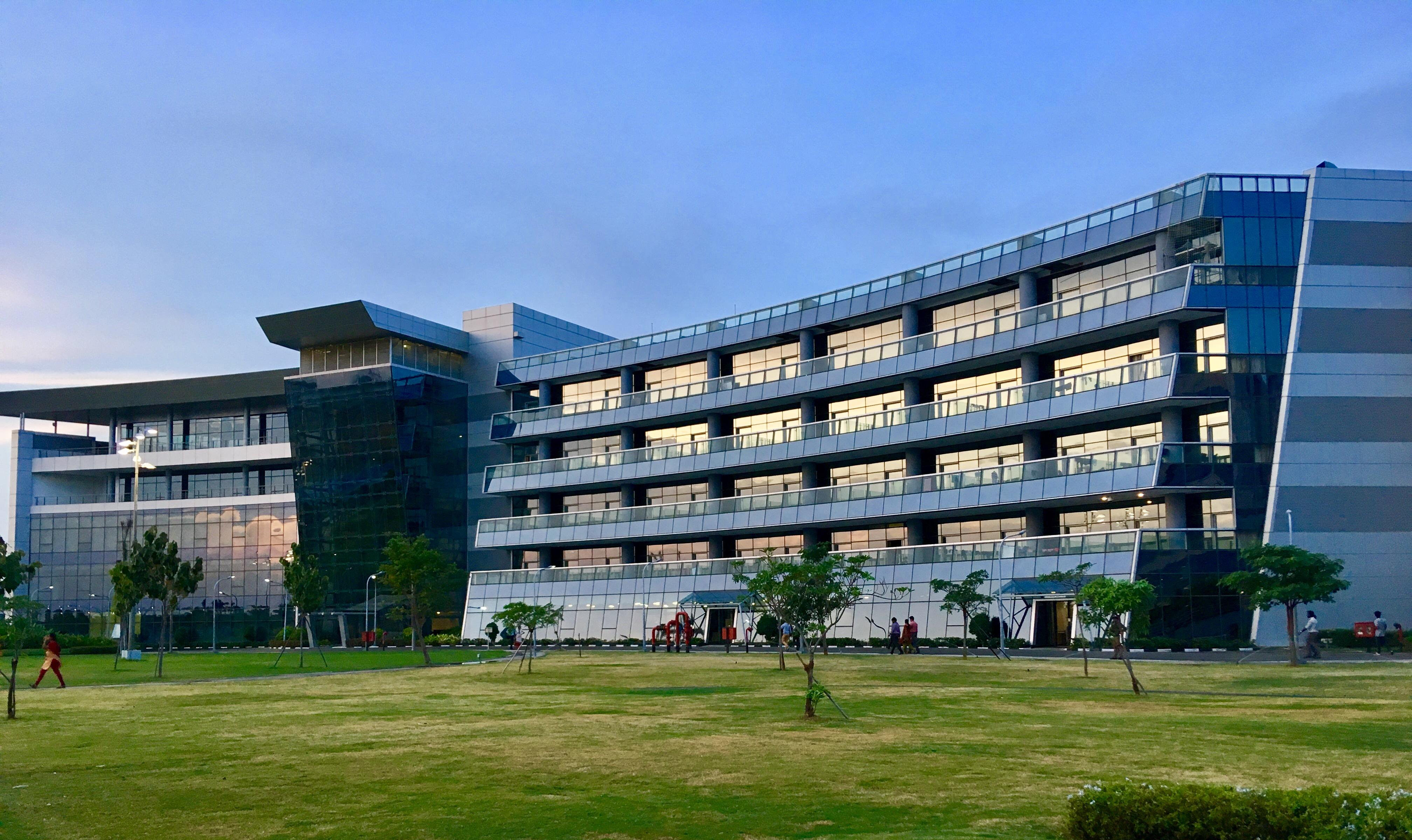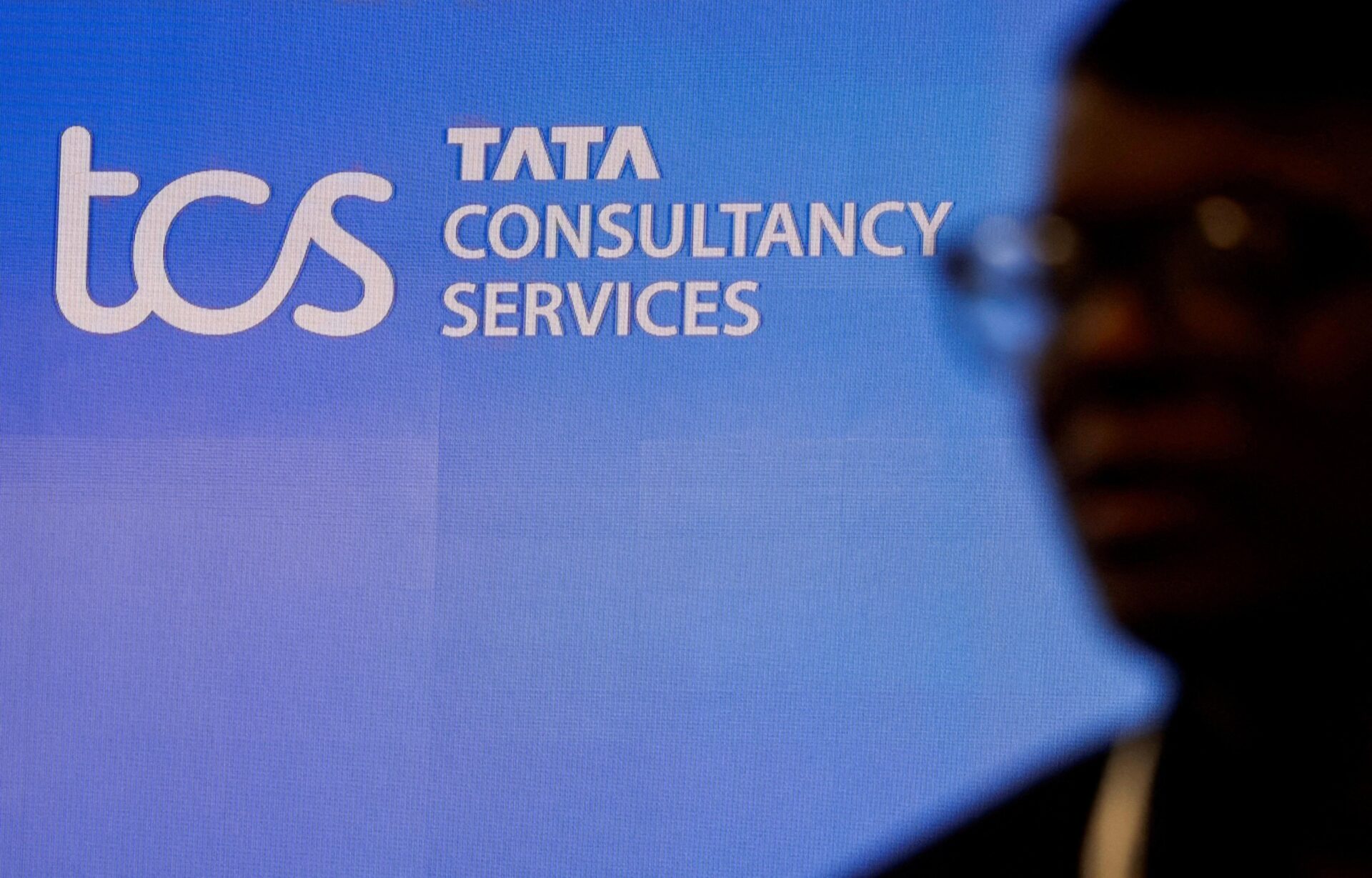Understanding the Impact of Trump’s H-1B Visa Changes on India’s Tech Giants
The recent changes to the H-1B visa program under the Trump administration have sent ripples through the global tech landscape,and India’s leading companies are poised to face notable ramifications. Tata Consultancy Services (TCS), along with othre major tech firms like Infosys and Wipro, are now grappling with increased scrutiny regarding their visa applications, which could have a domino effect on their business models. The tightening of regulations not only jeopardizes the hiring of skilled workers from India but also threatens the competitive edge that these companies have long enjoyed in international markets. With the H-1B visa often serving as a lifeline for highly skilled IT professionals, firms must now navigate a more complex regulatory environment while balancing their workforce needs.
As the implications of these policy changes unfold, companies may need to rethink their global talent strategies. Potential outcomes can include:
- Increased operational costs due to the need for local hires
- Delays in project timelines as skilled personnel become harder to acquire
- A pivot toward technology investments to automate processes and reduce dependency on foreign talent
Both investors and stakeholders are keeping a vigilant eye on how these shifts will alter the dynamics of India’s tech giants.Analysts predict that these firms will need to adapt swiftly to mitigate risks and sustain their growth trajectories in a landscape that is changing rapidly due to policy shifts.

Navigating Uncertainty: Strategies for TCS and Other Firms in the Evolving Visa Landscape
Navigating the turbulent waters of H-1B visa regulations requires a proactive approach from firms like TCS and their counterparts in the tech industry. With recent announcements hinting at potential changes under the Trump administration, companies must not only brace for immediate impacts but also cultivate long-term strategies that ensure resilience. To successfully adapt to the shifting visa landscape, firms should consider the following strategies:
- Diversifying Talent Pools: Companies should explore hiring talent from a broader array of countries, thereby mitigating reliance on the H-1B visa program and expanding their capabilities.
- Investing in Local Workforce Growth: By increasing investments in local talent, organizations can enhance their corporate image while also ensuring continuity in operations without heavy dependence on foreign labor.
- leveraging Remote Work Opportunities: Embracing remote work not only broadens the talent pool but also offers flexibility amidst evolving regulatory frameworks.
- Building Strategic Partnerships: Collaborating with local educational institutions and training programs can foster a new generation of skilled workers, aligning business needs with local workforce development.
The ability of TCS and other firms to respond adeptly to these regulatory challenges will hinge on their strategic agility and innovation. Emphasizing a commitment to navigating these complexities by adopting a holistic view of immigration policies not only prepares firms for the present but also positions them for future growth. In this context, establishing extensive internal policies that prioritize legal compliance while championing diversity and inclusion will be integral to thriving in an uncertain environment.

Addressing Workforce Concerns: The Future of Skilled Talent Acquisition in India
As the global landscape for skilled talent acquisition continues to evolve, firms in India, particularly in the technology sector, are bracing for significant shifts in their hiring strategies. With recent developments in visa policies, notably the uncertainty surrounding the H-1B visa program, companies such as TCS and other tech giants are reassessing their workforce strategies to ensure they remain competitive. The implications of these changes are vast, posing challenges related to both sourcing talent and retaining skilled employees. This is crucial as the demand for specialized skills in areas like artificial intelligence, data analytics, and software development escalates.
To navigate this tumultuous environment, organizations may consider adopting a multi-faceted approach that includes:
- Domestic Talent Development: Investing in local training programs and partnerships with educational institutions to cultivate homegrown talent.
- Remote Workforce Expansion: Leveraging the gig economy and remote working arrangements to tap into global talent pools without the constraints of visa requirements.
- Enhanced Employer Branding: Positioning themselves as employers of choice by fostering a dynamic workplace culture that prioritizes employee well-being and growth.
These strategies will not only help mitigate workforce shortages but also reinforce a lasting framework for growth amidst evolving legislative landscapes.

Policy Recommendations for Sustainable Growth Amidst Regulatory Challenges
As India’s leading facts technology firms brace for potential disruptions following changes to the H-1B visa process, it becomes crucial to implement policies that ensure sustainable growth in the tech sector.The regulatory landscape poses a dual challenge of compliance and innovation, demanding that firms not only adjust to new legal frameworks but also continue to thrive in a competitive global market. investments in local talent development are paramount; organizations should focus on enhancing educational programs and partnerships with universities to cultivate a skilled workforce that meets evolving industry demands.
Moreover, companies must advocate for flexible immigration policies that recognise the global nature of tech labor. By engaging with policymakers, firms can play a pivotal role in shaping regulations that not only address national security and economic concerns but also support technological advancements. Additionally, fostering a culture of diversity and inclusion within the workforce can attract a broader base of talent, mitigating the impact of visa restrictions. This multifaceted approach not only secures immediate operational stability but also positions Indian technology firms for long-term success in the changing global landscape.
